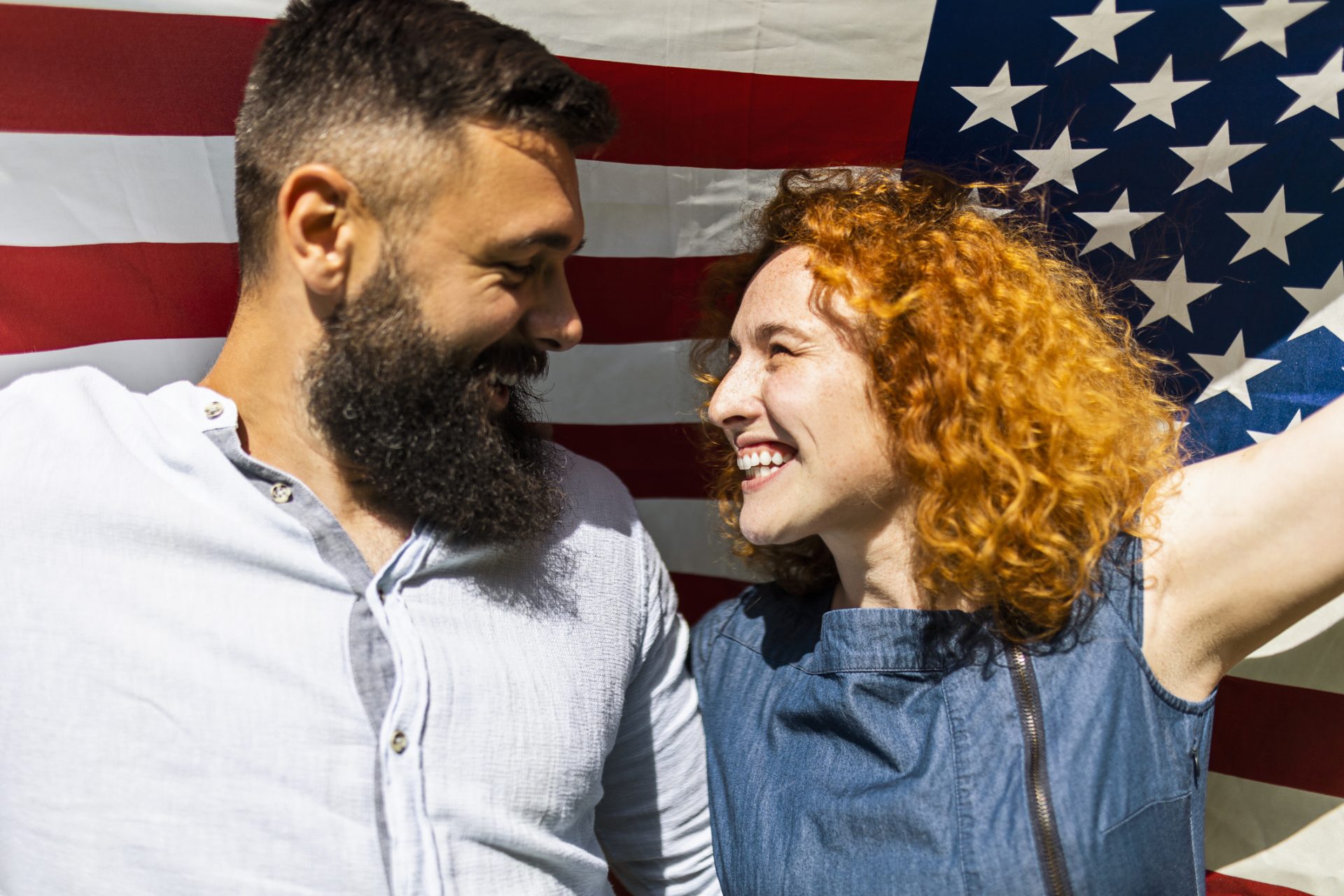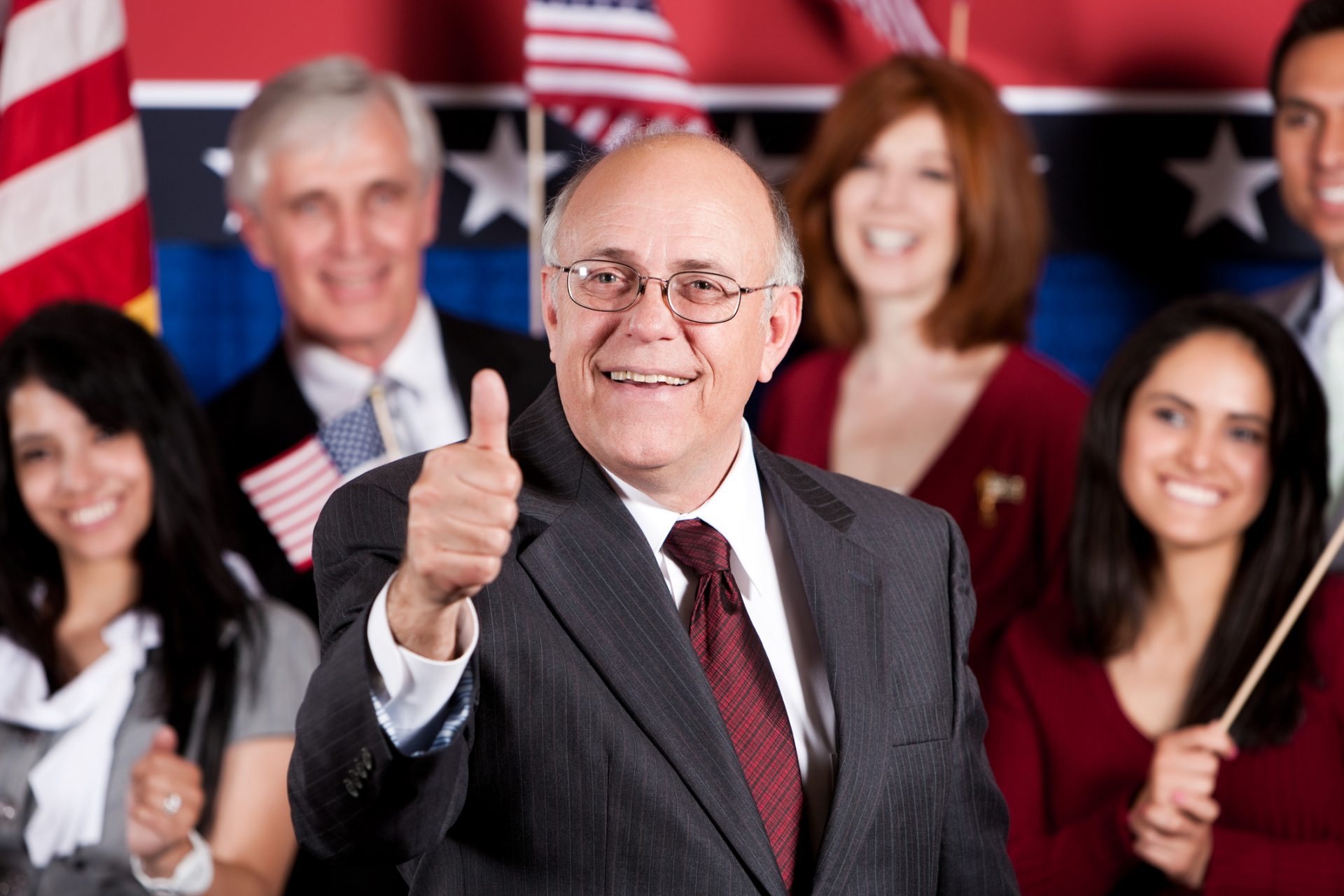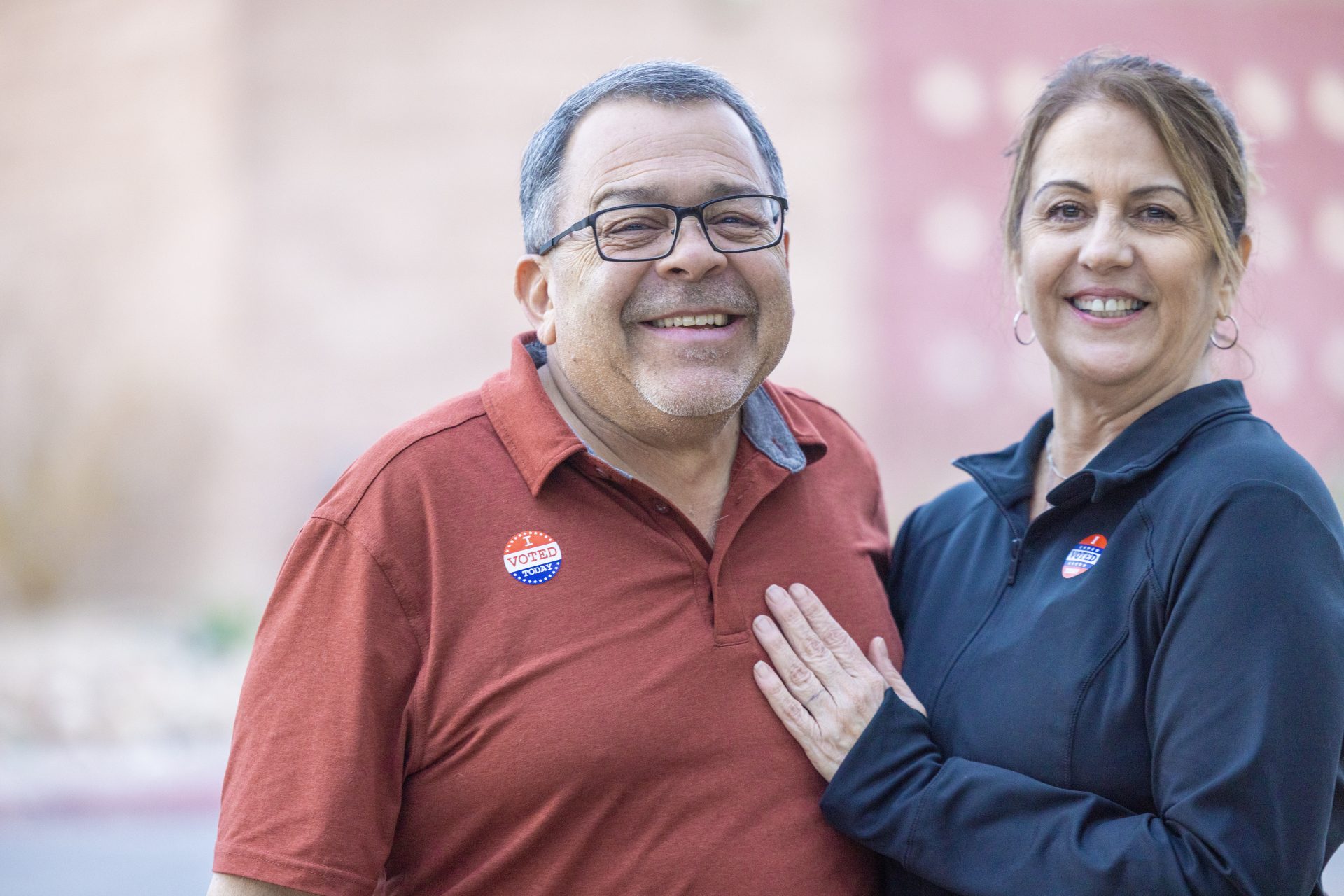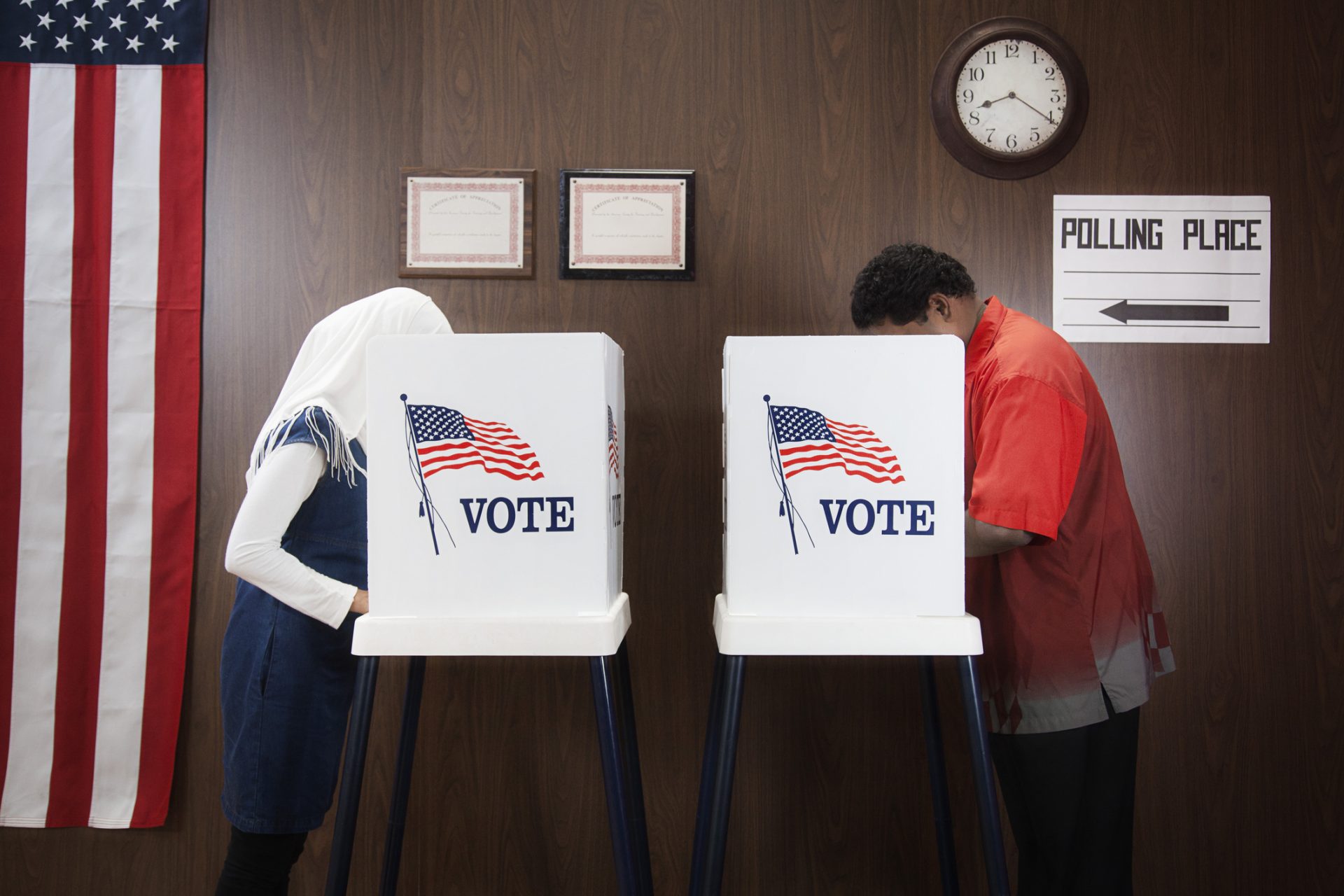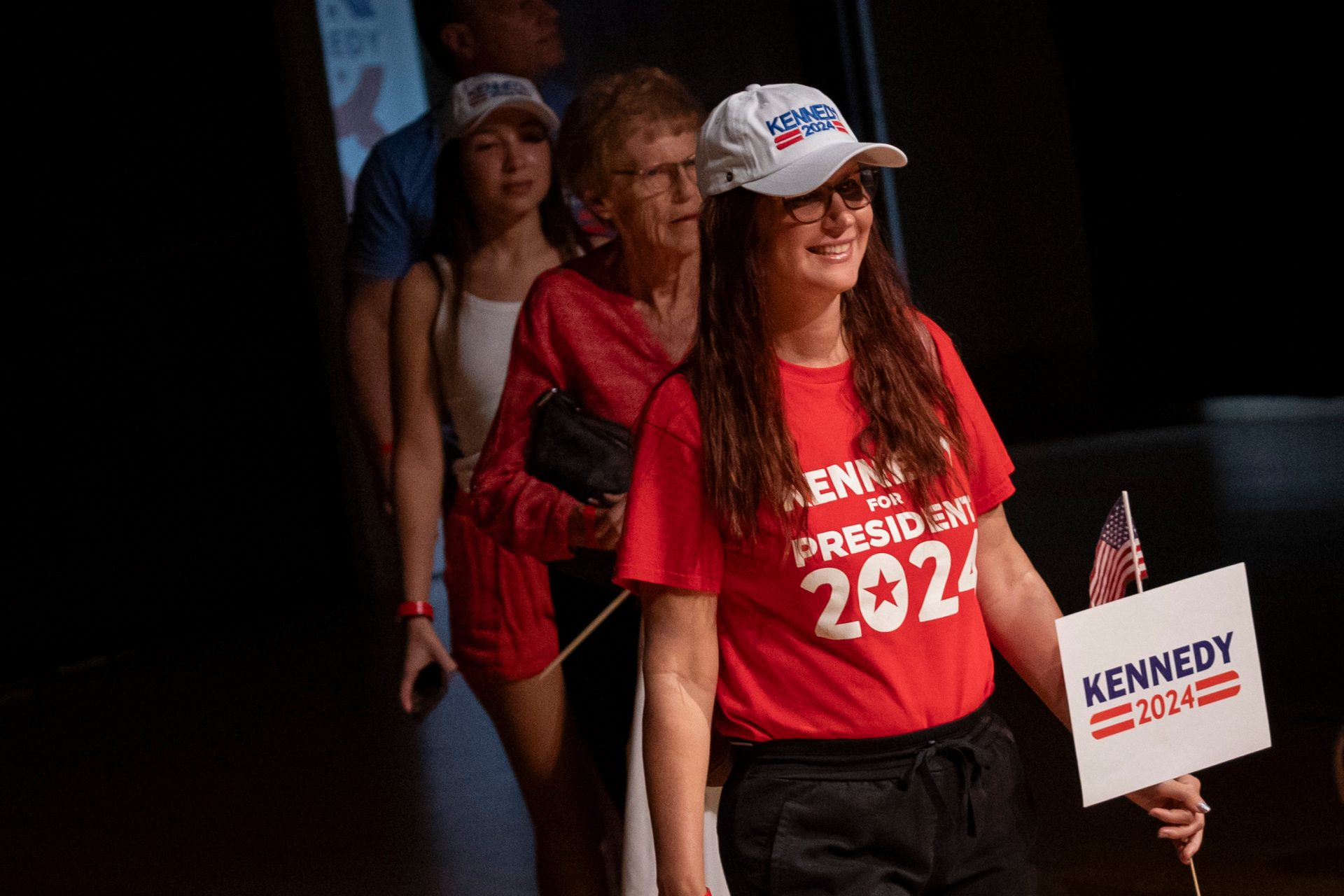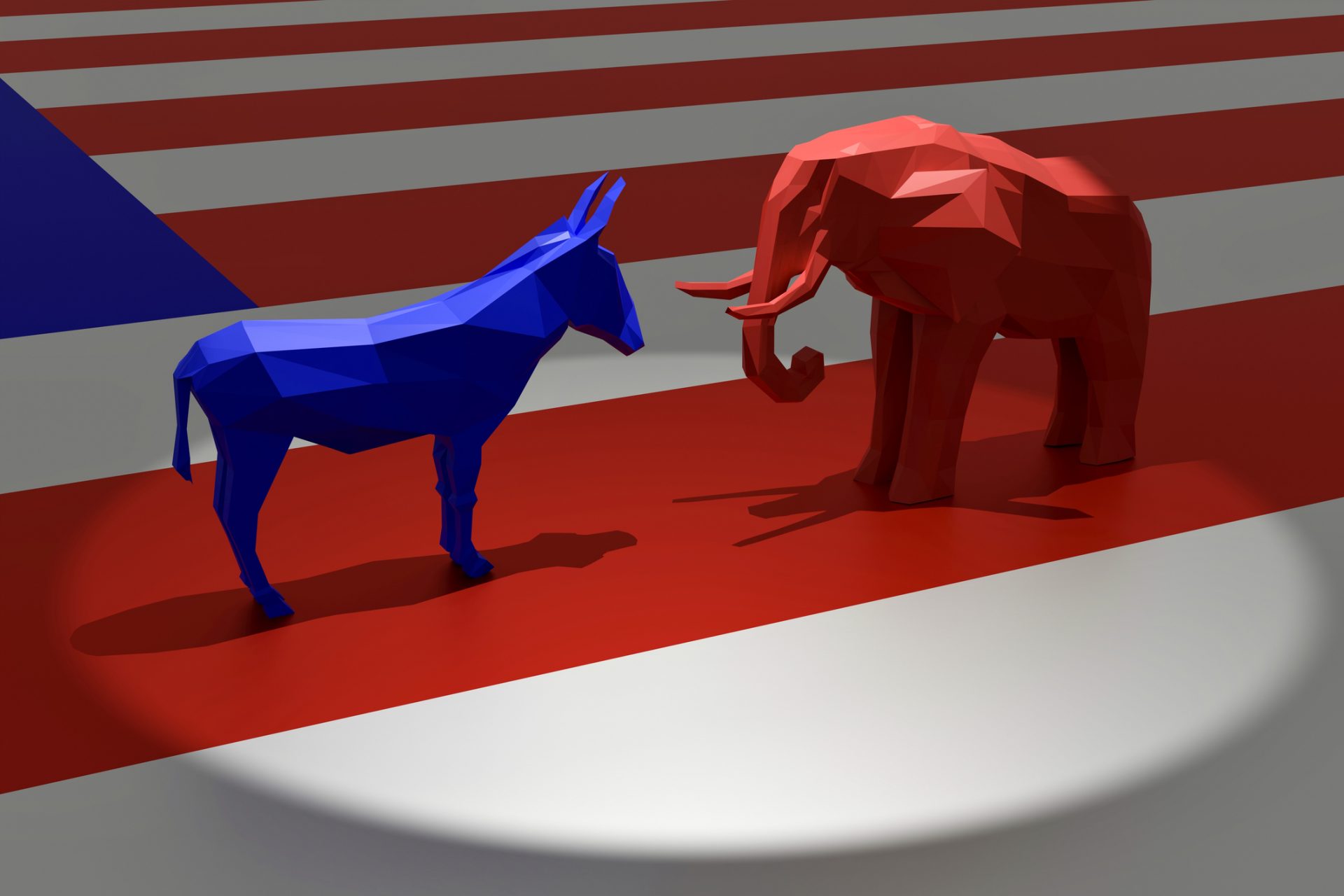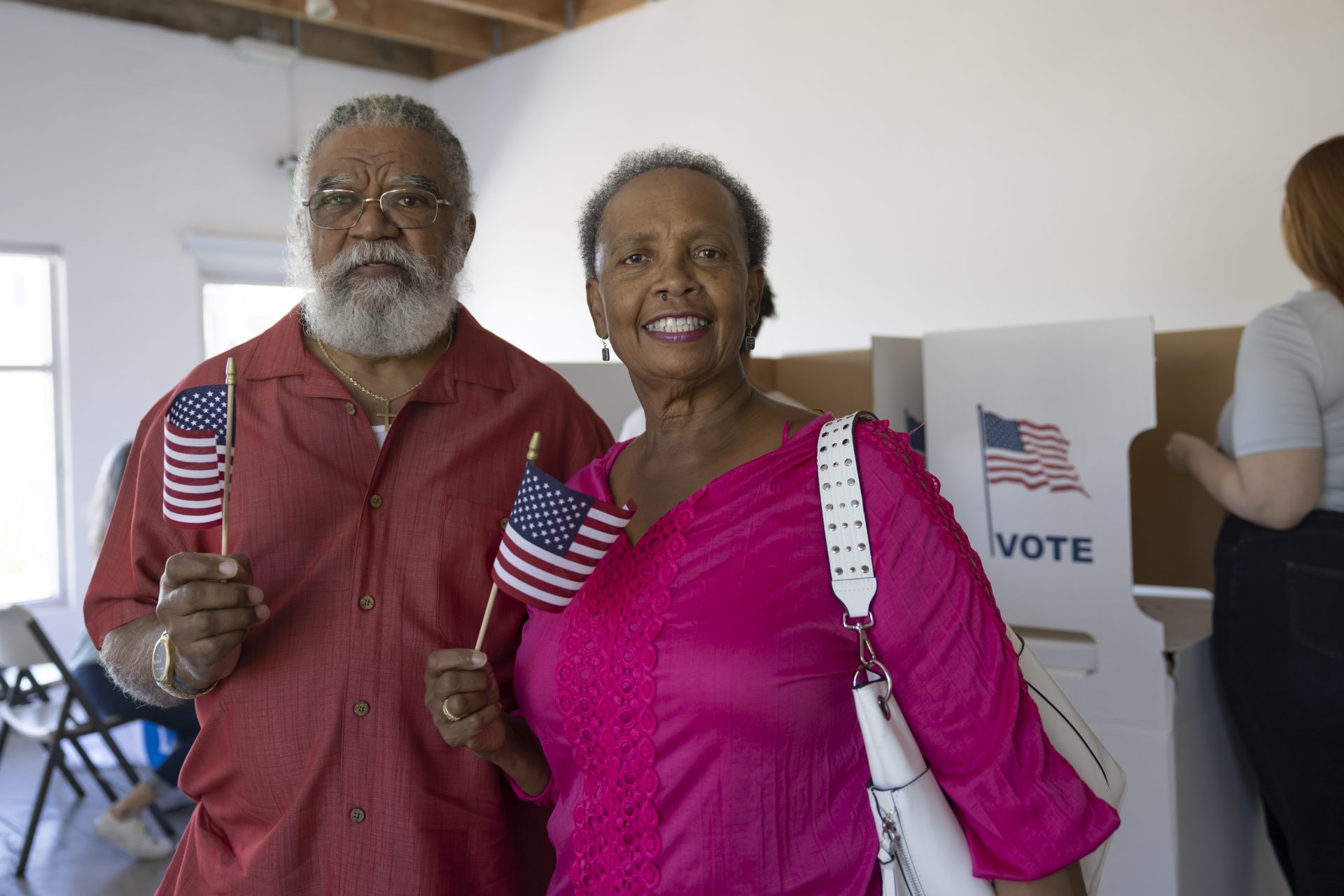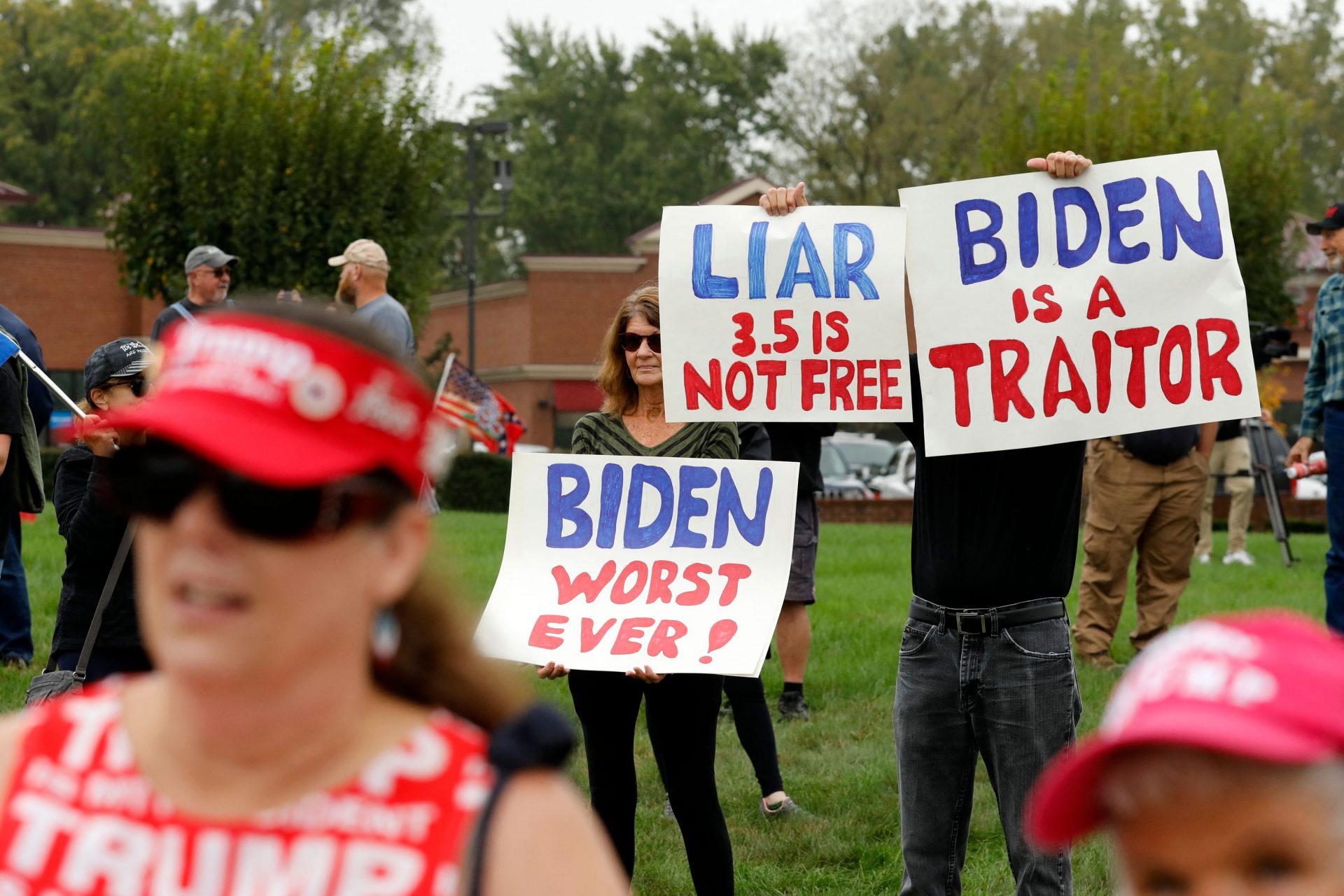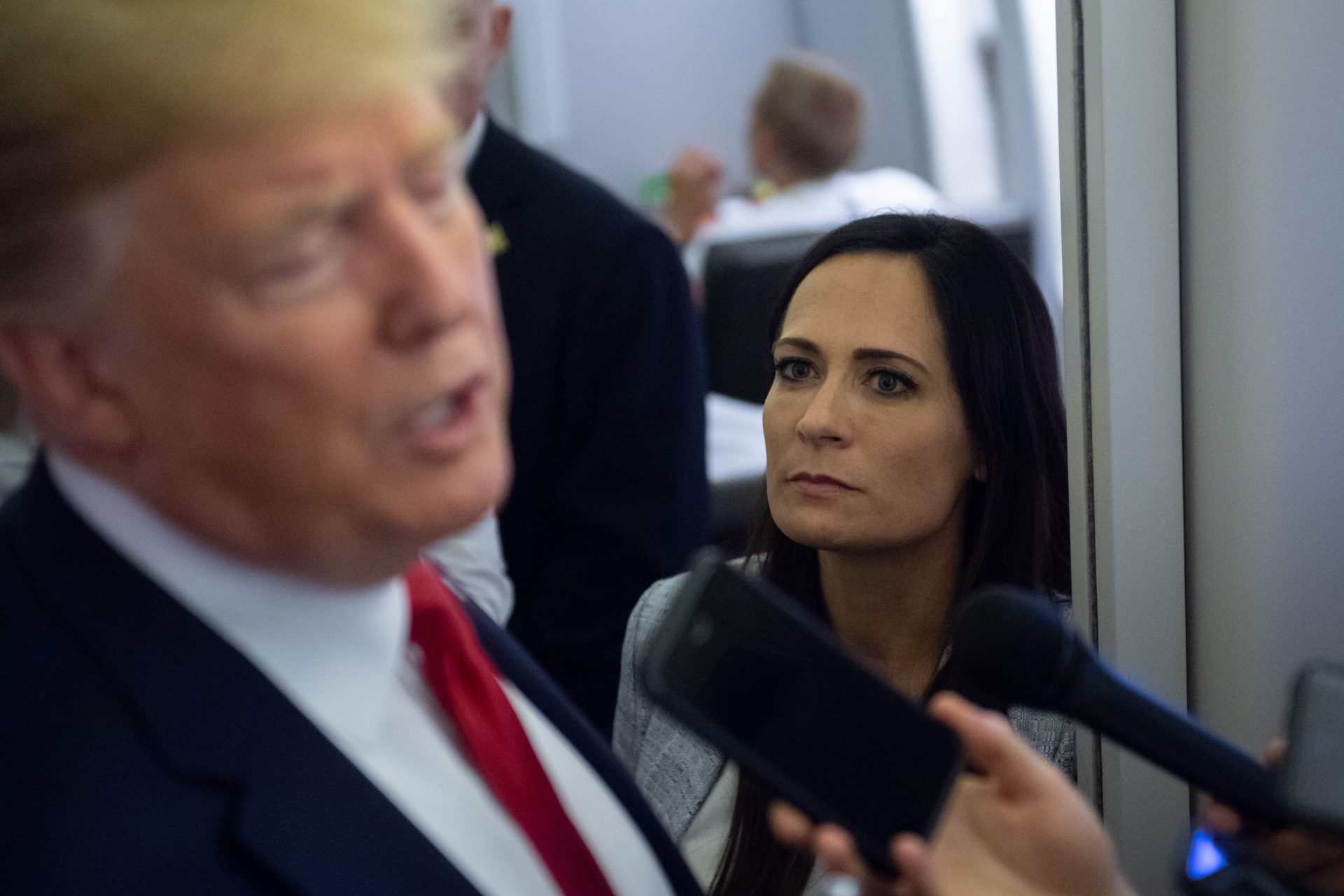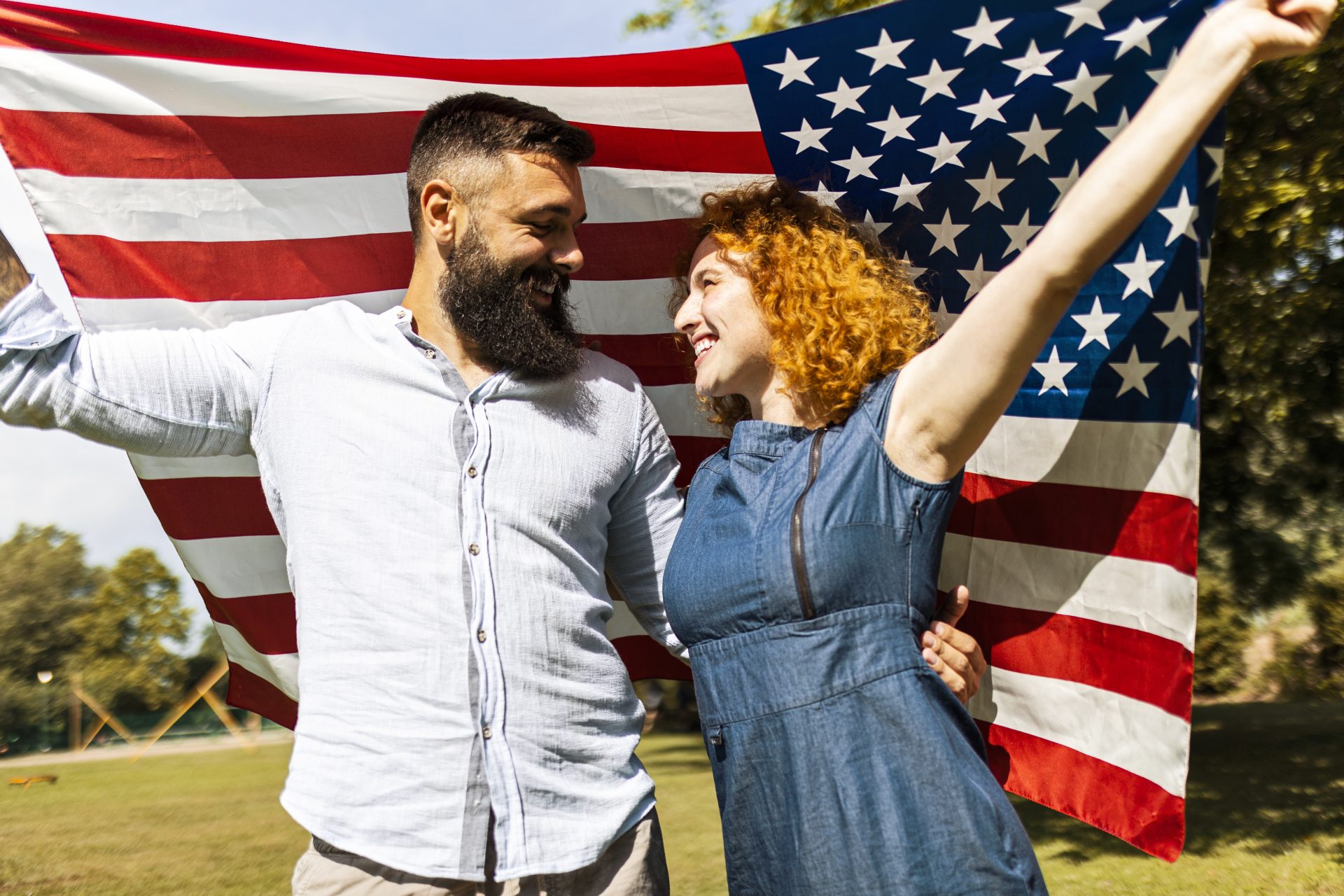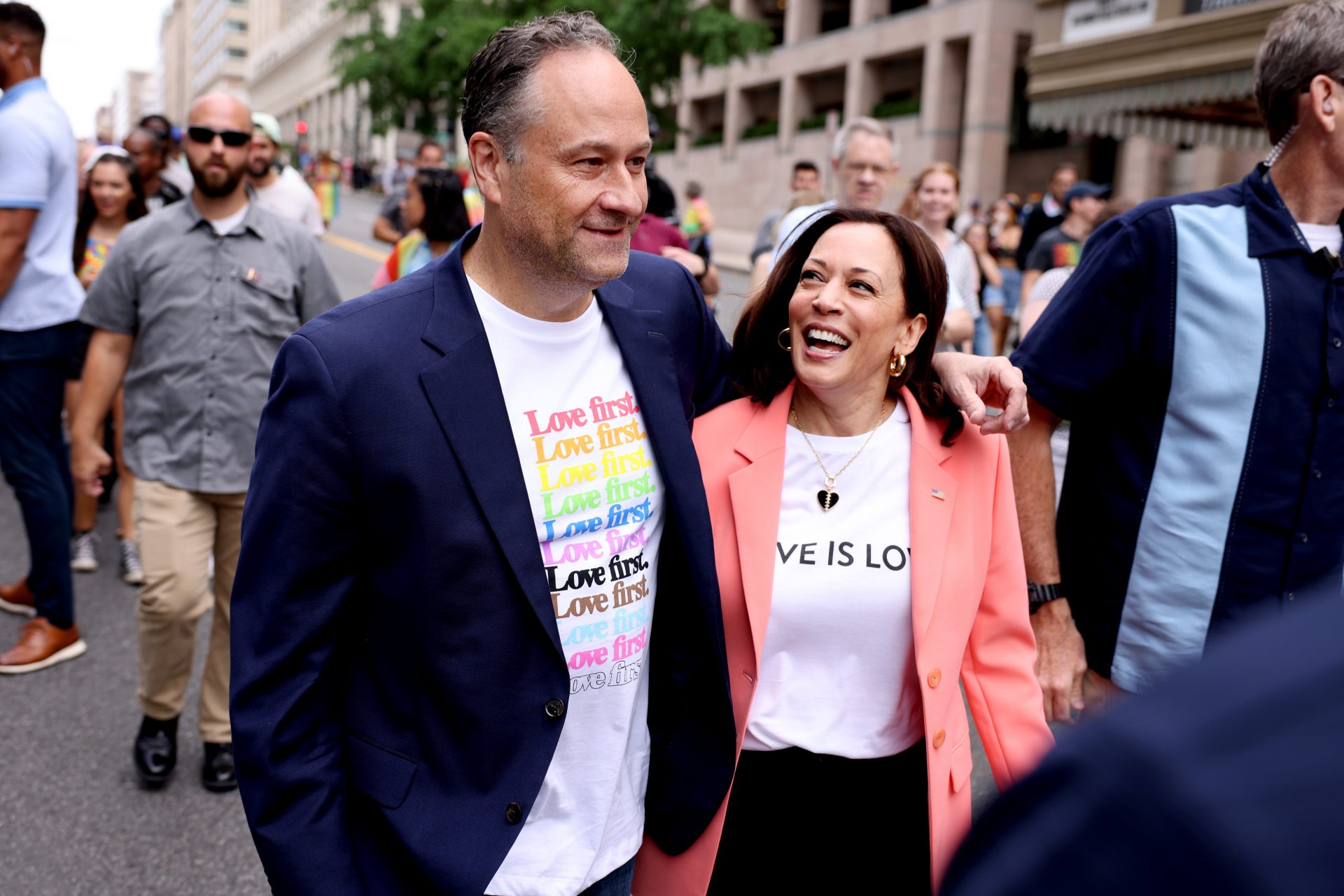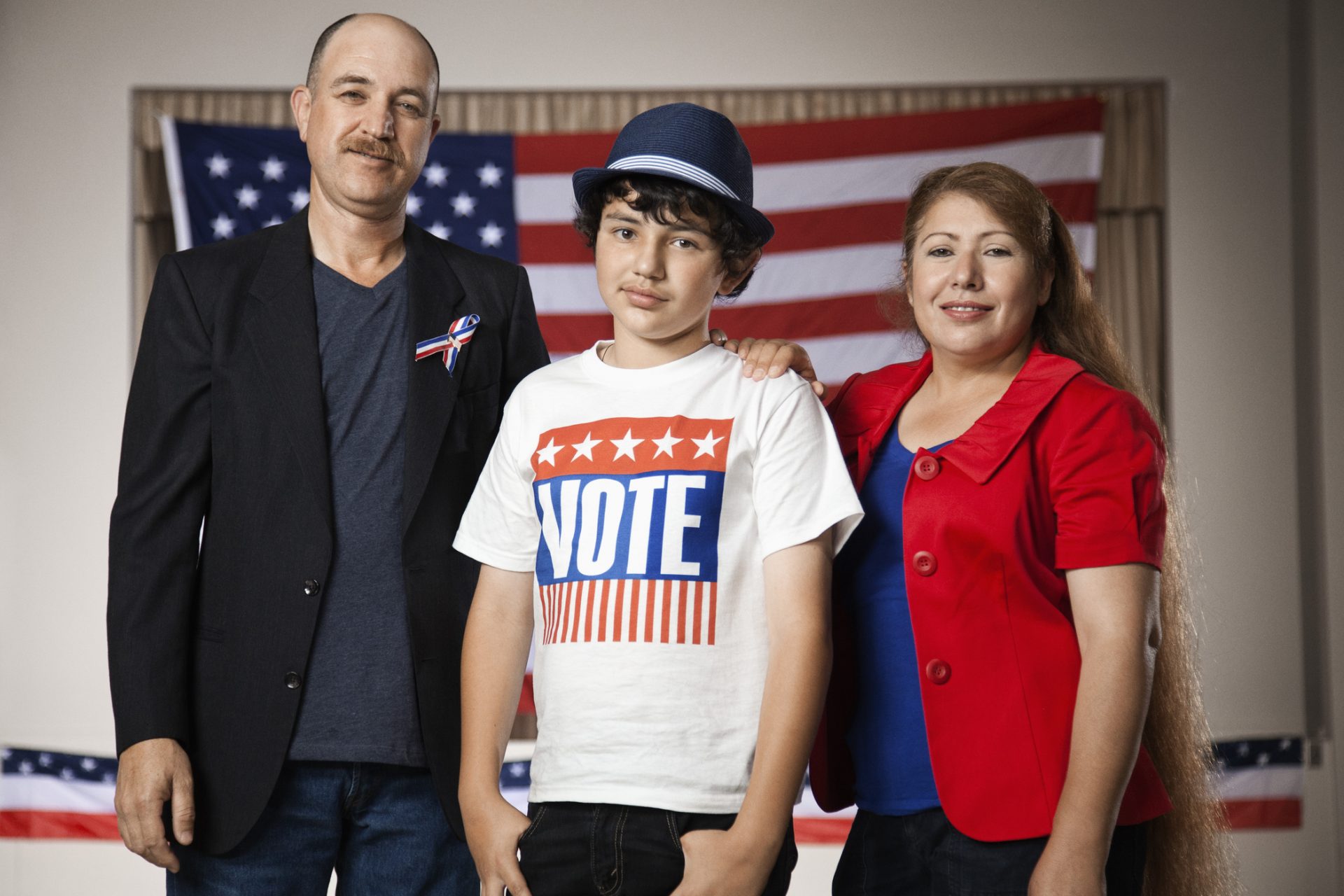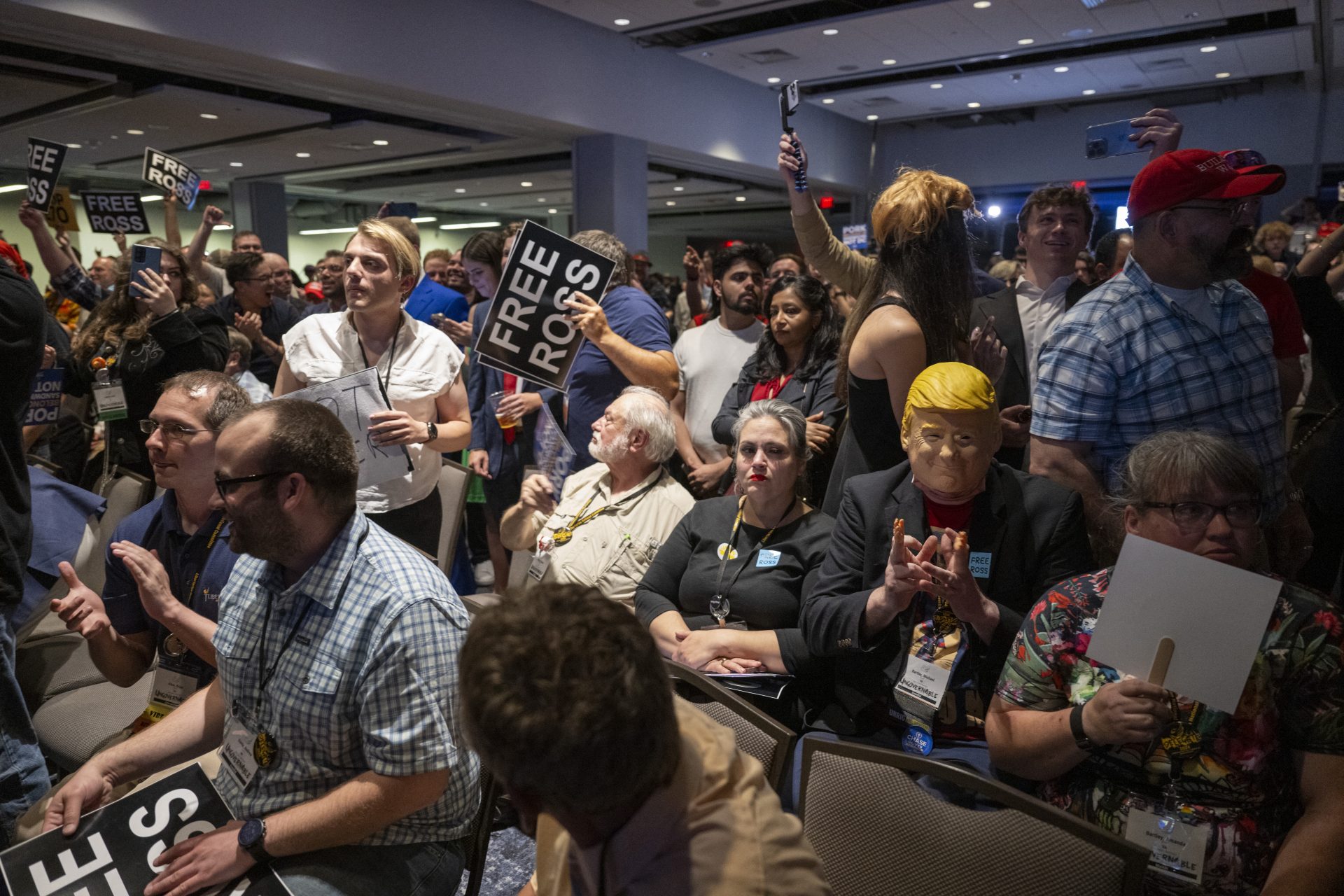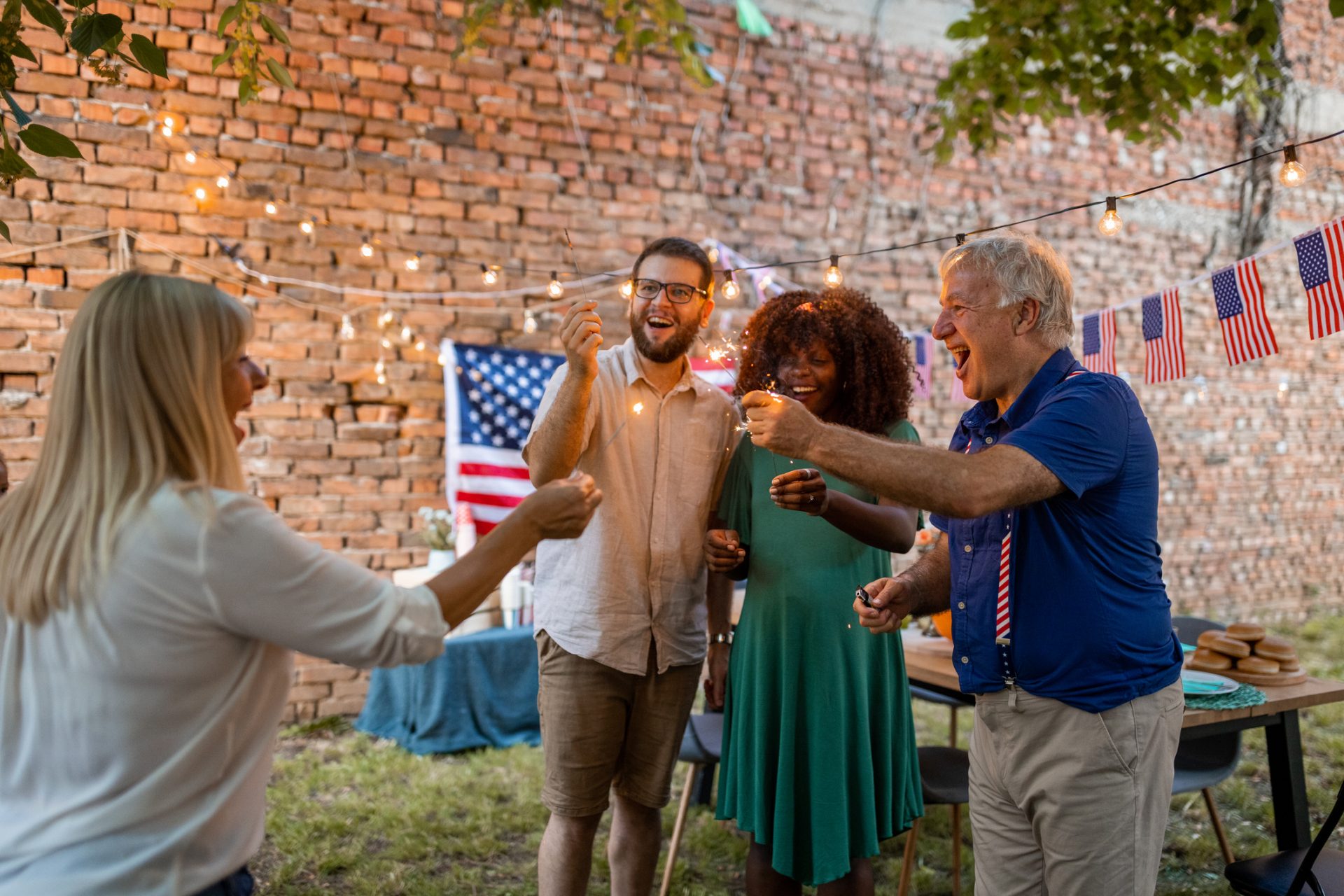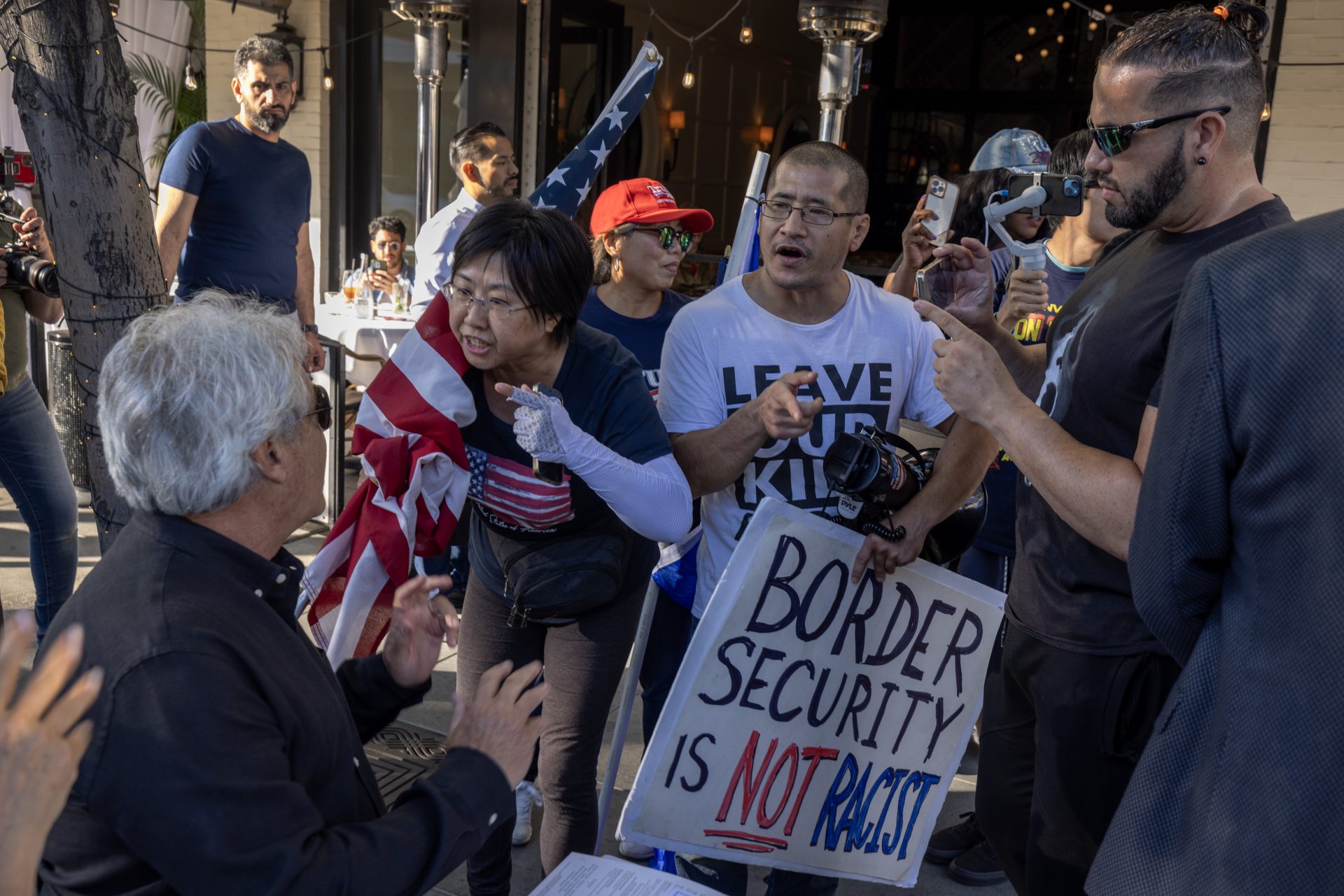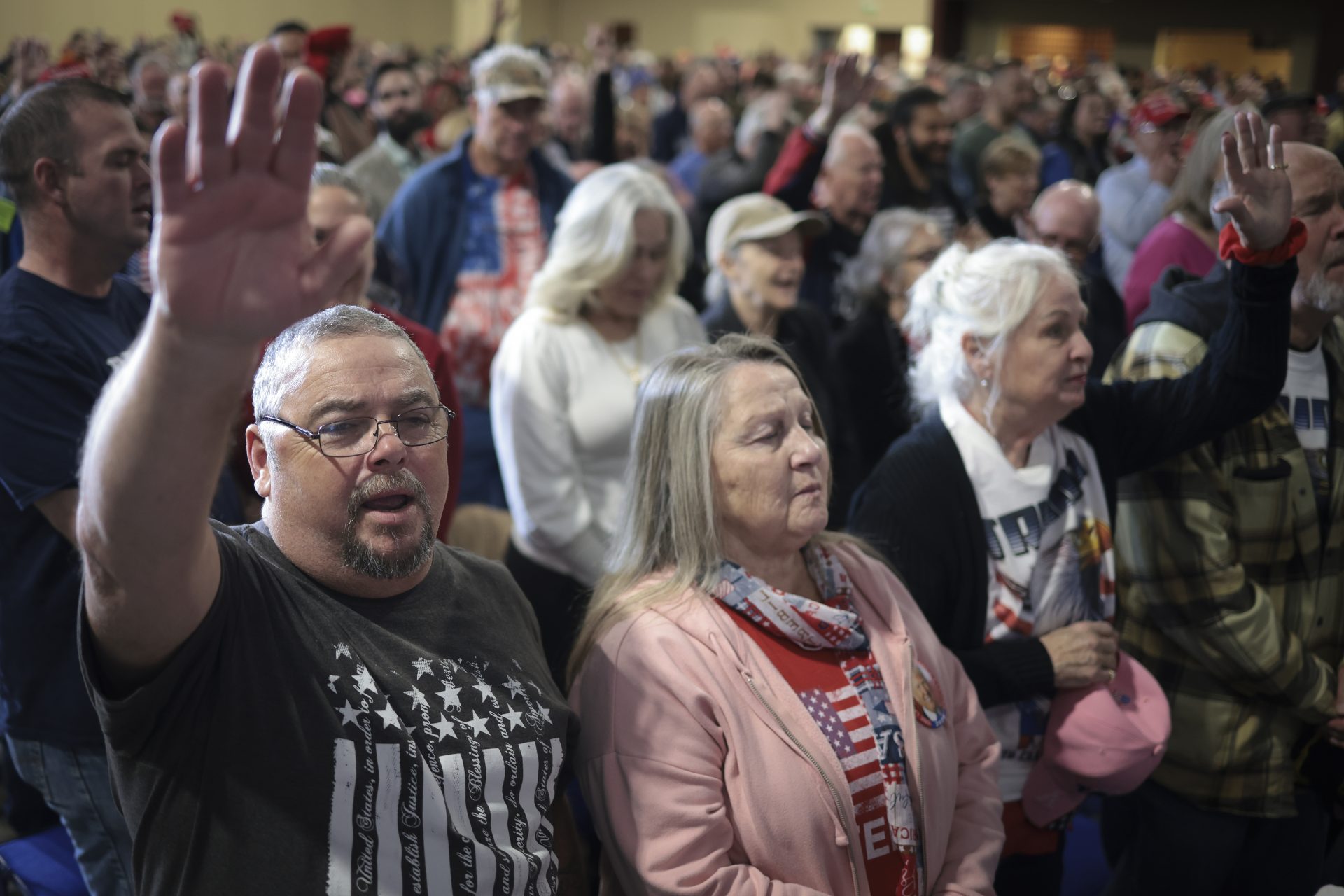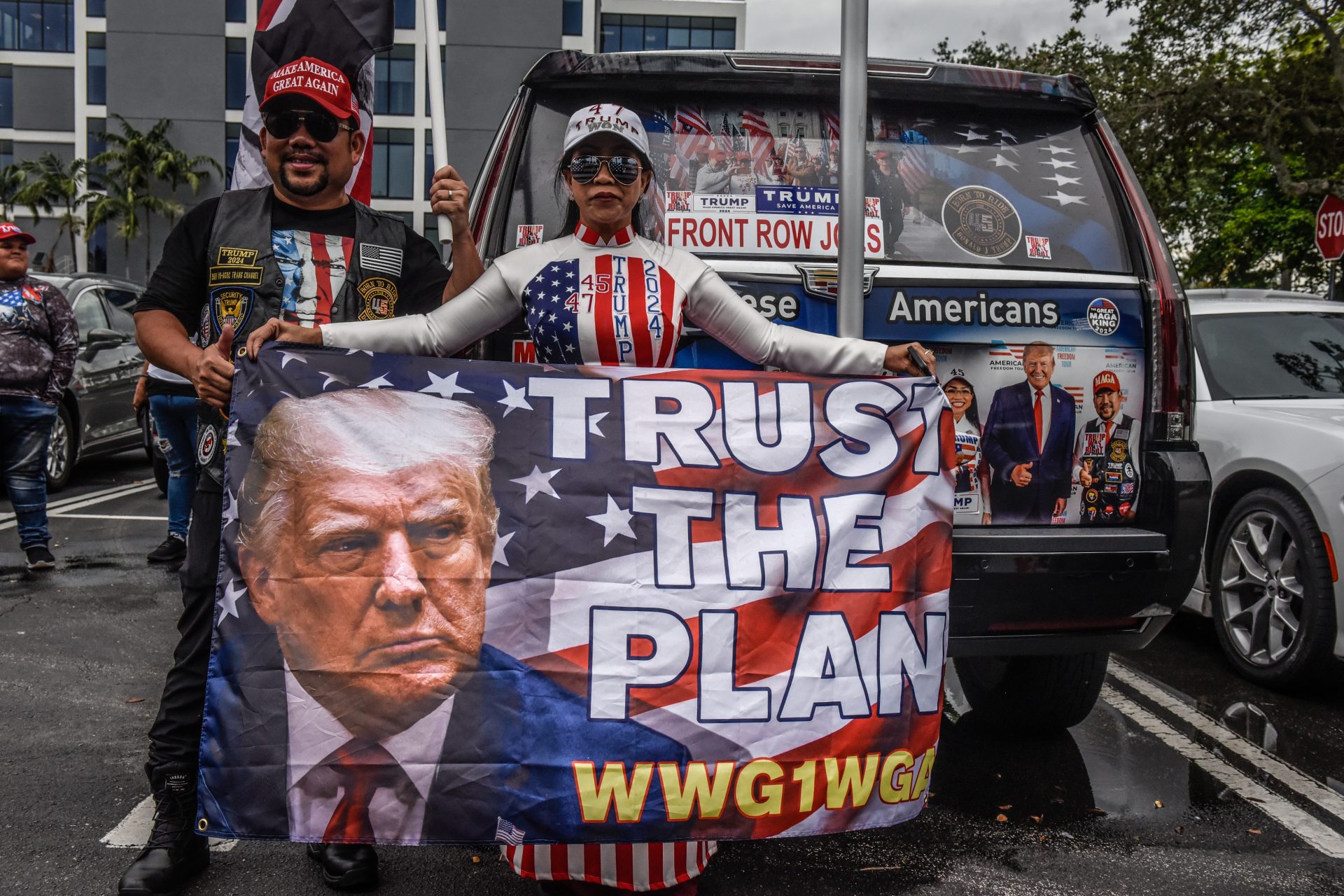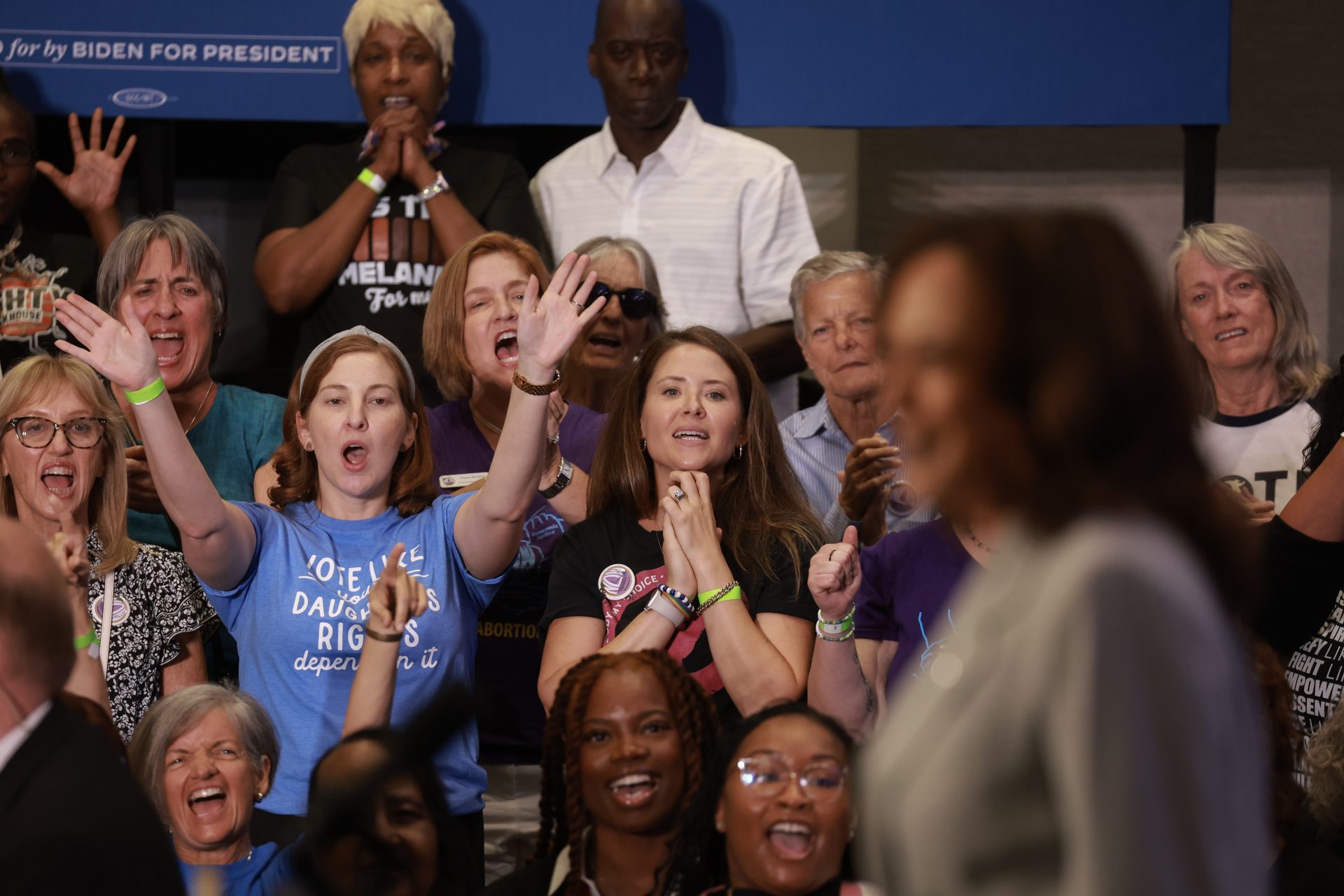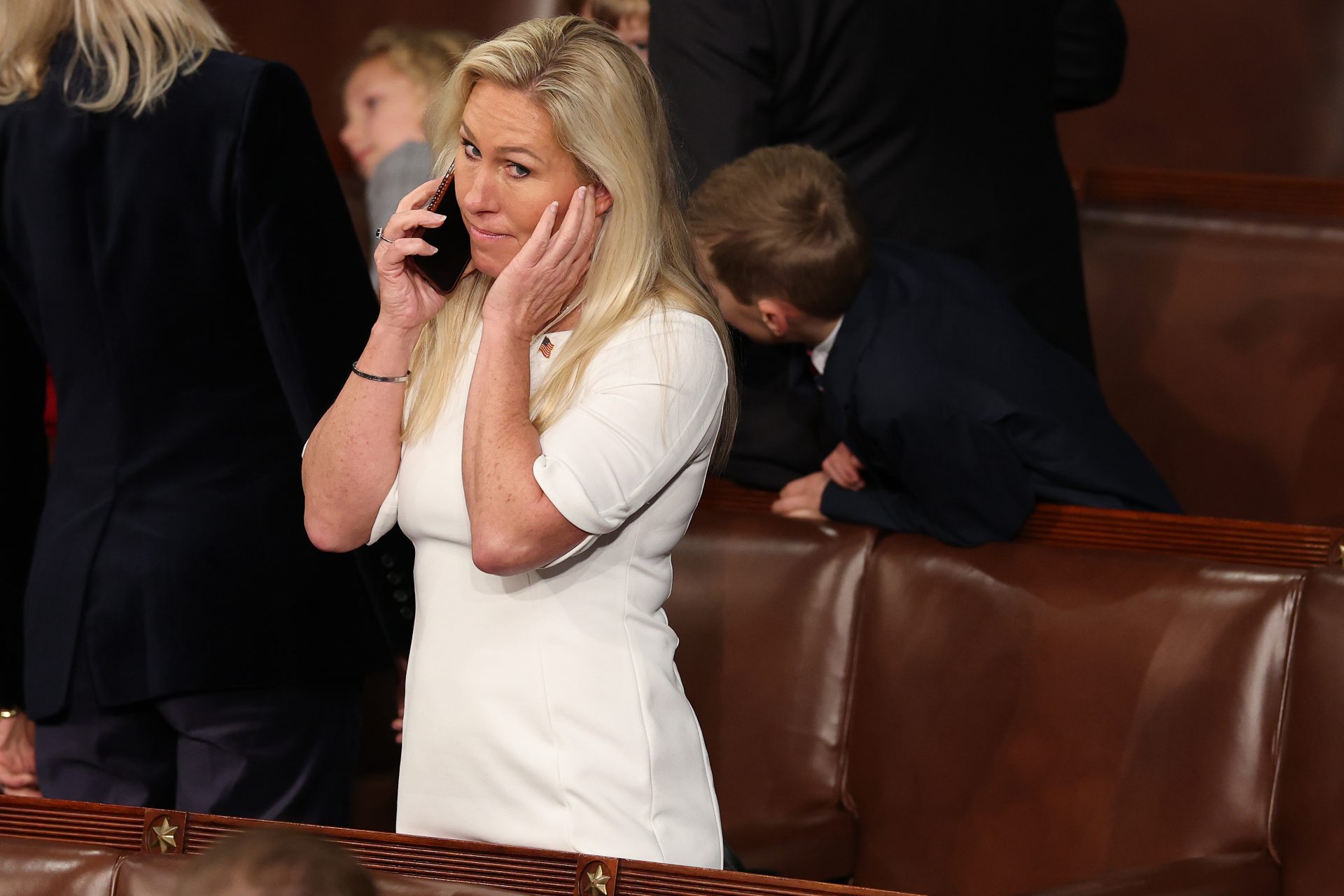Research reveals Americans like to couple up with people who have the same political views
The United States is more politically divided than ever and that division appears to have made its way into the country's dating culture according to research on modern romantic relationships in America.
Researchers have discovered that couples in the United States very rarely hold differing political views., which could imply that political affiliation has a role in partner choice. But is this reality good or bad?
The finding may not seem like one that highlights division in the United States, but it is a great piece of evidence suggesting Americans are more walled off from different political views than was previously thought.
Researchers looked at data from multiple studies, including two datasets from over 526 couples taken in 2020 and 2022 as well as diary data from 218 couples in the Midwest to draw several startling conclusions.
Political dissimilarity among couples in America, which was the term used by the researchers to describe couples where one individual supported the Democrats and the other supported the Republicans, was only 8%.
The most frequent couples with political dissimilarity were not those that included one partner who supported the Democrats or Republicans while the other partner supported the opposite party, but rather it was couples where one partner considered themselves an Independent and the other supported one of the country's two major parties.
The United States has two political parties that represent the left and right spectrums of the aisle, the Democrats and Republicans, but unlike some countries, people in America can officially identify and register as Independent voters.
About 44% of couples with political dissimilarities were relationships in which one of the partners was an Independent. This finding only further revealed the depth of the political similarity problem in the U.S. Let's take a look at why this matters because it is quite important.
PsyPost's Vladimir Hedrih explained in his breakdown of the research that a lack of political dissimilarity among couples in the United States was not only impacting relationships in America but also all of society because of its knock-on effects.
“When partners share identical or very similar political views, they and their children are less exposed to different perspectives, increasing the echo chamber effect” which works “to amplify and reinforce existing beliefs,” and leads to more polarization, Hedrih wrote.
The study was published in the Journal of Personality and Social Psychology and was a treasure trove of interesting findings about the political similarity issues among couples currently facing the United States.
The results of the study showed that over 80% of both Democrats and Republicans who were in a relationship had a partner who supported the same political party as them. It also revealed that Americans rarely had politically dissimilar partners.
About 6% of Democrats who had a politically dissimilar partner had one who supported the Republicans while around 8% of Republicans who had a politically dissimilar partner had one who supported the Democrats.
Independents were the most likely people to be in politically dissimilar relationships and 59% were still likely to have a partner that was an Independent, meaning the problem also extended to this group of politically ambiguous voters.
Hedrih noted the researchers found that politically similar couples were more likely to be religious, and more likely to have politically similar friends and family compared to those who were in politically dissimilar relationships.
People in politically similar couples tended to be more politically extreme, find politics more important to them, and believe it was important to share political beliefs. Hedrih also noted they were more likely to be married, older, and prone to negative emotions.
“Individuals in a relationship with a politically dissimilar partner tended to rate their relationship quality as slightly lower on average compared to individuals with politically similar partners,” Hedrih explained.
The findings show the extent to which people in the United States could be unlikely to hear differing political opinions from the people they trust most. This is a situation that could lead to more political polarization in the country.
“Whether that is not wanting to date someone from the other side, or politics causing tension once in a romantic relationship, findings… suggest that politics may be playing a role in romantic relationships, at least a little bit,” the study’s authors wrote.
The study’s author also explained that their results held true for individuals who were not interested in politics, suggesting “loud and persistent voices of the politically-engaged minority may have the potential to impact the relationships of many.”
“If people increasingly view the two major political parties in America as differing in core values and beliefs, then the small effects we find in this paper could become magnified with time,” the study’s authors concluded.
While the study may have shed some light on the issue of politically similar relationships in the United States, the study’s authors pointed out that their findings are only relevant to the current political situation in America, and that the situation may change with time.
More for you
Top Stories



